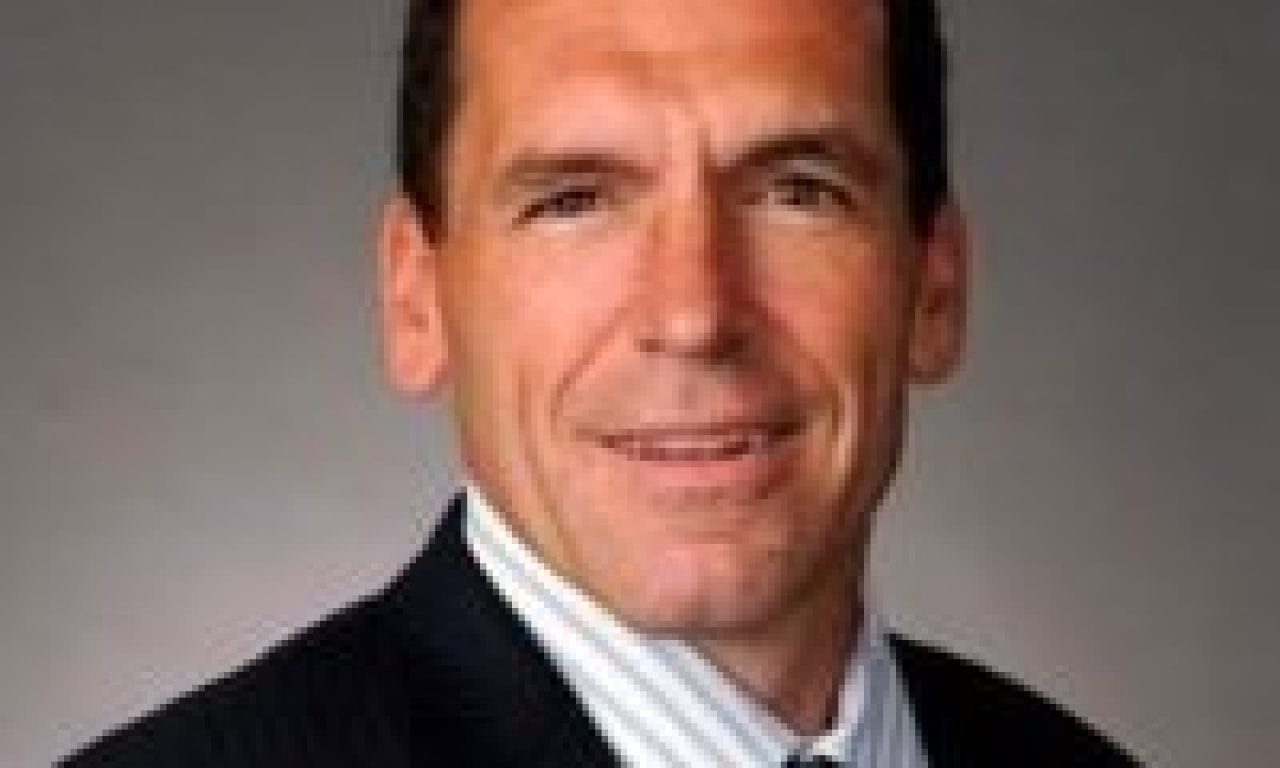(pictured: Pete Cherecwich)
Northern Trust is to open a Sydney office for asset servicing following its purchase of London-based institutional broker Aviate Global. The expansion follows a period of strong new-business growth in Australia in the provision of both back and middle-office solutions.
Pete Cherecwich, Northern’s Chicago-based head of global fund services, said in Sydney last week that Northern Trust was “taking the opportunity” afforded by the Aviate purchase, which included a small Australian office, to put in some new people and allow more efficient service for Sydney-based clients.
The Melbourne office, which employs more than 100 people and is also the base for Northern’s asset management business in Australia, would remain the local hub, he said. New office space was being sought to accommodate both the Aviate staff and some of Northern’s people.
Recent wins for Northern in asset servicing include Sydney-based Crestone (the former UBS Wealth Management) plus the Mercer Investments trusts. Last year Northern also won the contested full-service business for QIC, which built on its earlier middle-office solution for the Queensland Government-owned manager.
The Aviate deal was announced last December and is expected to be consummated in April. It will add to Northern’s transition management capabilities for asset servicing clients.
Northern has been a big promoter of middle-office outsourcing in recent years, which, in Australia at least, has probably gone a little slower than the major custodians would have liked.
Nevertheless, Cherecwich says that, unlike back-office services, middle-office is not as commoditised in the client’s eyes. “It’s more like going for a job interview than giving them a sales pitch,” he says. “Culture matters in a job interview as it does for [middle-office services]. For example, you are going to want to know how the person is going to react in various circumstances. They want us to give them our objective opinion on how they’re doing.”
As custodians get closer to the front-office operations of big super funds and fund managers, so it raises the question of whether the client has a competitive advantage in providing those services itself. Cherecwich believes that trade settlements is normally the first to be outsourced, followed by accounting and the firm’s book of record. Performance measurement and client reporting may be considered a competitive advantage for a fund manager but not normally an asset owner.
While technology is a big ongoing spend for the custodial banks, developments such as distributed ledger technology, may be beneficial to both client and service provider alike.
Cherecwich says that Blockchain (a type of distributed ledger) may provide a new cost structure which reduces the price of core custody and enables the custodians to make money in areas they can add value, such as fund accounting.
“I think Blockchain will be introduced first at the edges, like private equity rather than broad market equities where there is already an infrastructure that works… It’s an evolution not a revolution.”

